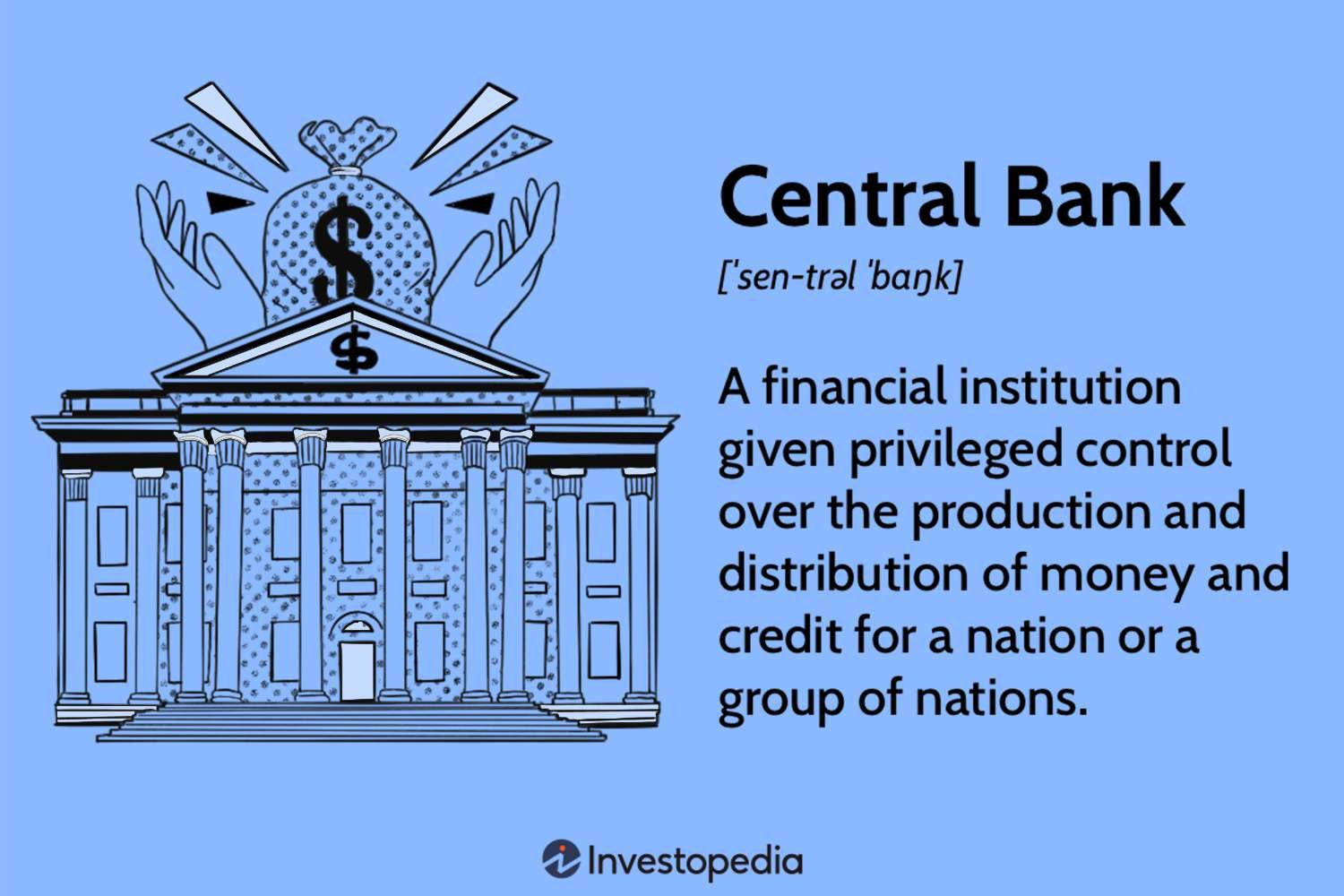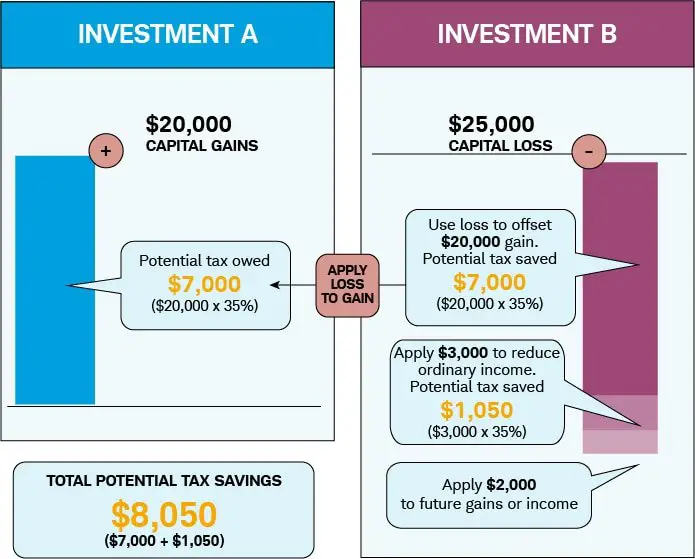Transitioning to a new career can be exciting and full of potential, but it can also bring uncertainty, especially when it comes to managing your finances. How to manage finances during a career transition becomes a pressing question with no easy answers. But fear not, for I am here to guide you through this daunting process. In this article, we will explore practical strategies and tips to help you navigate the financial challenges that accompany a career transition. So, let’s delve into the world of managing finances during this transformative phase of your life!
How to Manage Finances During a Career Transition
Introduction
Transitioning from one career to another can be an exciting yet challenging time in your life. Not only are you navigating a new professional path, but you also need to think about how to manage your finances during this transition. It’s crucial to have a solid financial plan in place to ensure stability and peace of mind during this period of change. In this article, we will provide you with valuable insights and strategies to help you effectively manage your finances during a career transition.
1. Assess Your Financial Situation
Before making any financial decisions during a career transition, start by assessing your current financial situation. This step will give you a clear understanding of where you stand and what adjustments you may need to make. Consider the following aspects:
1.1 Evaluate Your Income and Expenses
Take a close look at your income sources and expenses. This evaluation will help you determine if you need to make any immediate changes to your budget. Make note of any unnecessary expenses that can be trimmed down or eliminated altogether. Look for areas where you can save money, such as subscription services or dining out.
1.2 Analyze Your Debts
If you have outstanding debts, it’s important to assess how they may impact your financial stability during the career transition. Calculate your total debt and determine the interest rates, repayment terms, and monthly payments. This analysis will guide you in developing a plan to manage your debts effectively while transitioning careers.
1.3 Build an Emergency Fund
During a career transition, having an emergency fund is crucial to handle unexpected expenses or income gaps. Aim to save at least three to six months’ worth of living expenses in a separate savings account. This fund will act as a safety net and provide you with financial security during the transition period.
2. Create a Realistic Budget
A well-planned budget is a key tool for managing your finances during a career transition. It helps you track your income and expenses, identify areas for adjustment, and ensure you stay on track financially. Here’s how to create a realistic budget:
2.1 Track Your Spending
Start by tracking your expenses for a few months to get a clear picture of where your money is going. Note down all your expenditures, including bills, groceries, leisure activities, and miscellaneous expenses. This exercise will help you identify areas where you can cut back or reduce spending.
2.2 Prioritize Essential Expenses
During a career transition, prioritize your essential expenses such as housing, utilities, transportation, and groceries. These are the expenses you cannot compromise on. Ensure you allocate enough funds to cover these necessities before budgeting for discretionary spending.
2.3 Set Realistic Goals
While budgeting, set realistic financial goals to keep yourself motivated and on track. Define short-term and long-term goals that align with your career transition plans. Whether it’s saving for education, starting a business, or paying off debts, having specific goals will give you a sense of direction and purpose.
2.4 Adjust and Revise Regularly
As your career transition progresses, you may encounter changes in income, expenses, or financial goals. Regularly review and revise your budget to accommodate these changes. Stay flexible and make adjustments as needed to ensure your financial plan remains effective and realistic.
3. Minimize Financial Risks
During a career transition, it’s important to minimize financial risks and ensure stability. Consider the following strategies:
3.1 Review Insurance Coverage
Evaluate your insurance coverage, including health, life, disability, and liability insurance. Make sure you have adequate coverage to protect yourself and your family from unforeseen circumstances. If necessary, make adjustments to your policies to align with your changing needs and circumstances.
3.2 Explore Job Transition Assistance Programs
Look for job transition assistance programs offered by your current or previous employer, industry associations, or professional networks. These programs often provide resources, training, and networking opportunities to aid your career transition. Take advantage of such programs to enhance your job prospects and minimize potential career-related financial challenges.
3.3 Consider Income Protection Options
During a career transition, income instability can be a significant concern. Consider income protection options such as short-term disability insurance or income protection insurance. These solutions provide a safety net by replacing a portion of your income if you are unable to work due to illness, injury, or job loss.
4. Increase Your Income
To strengthen your financial position during a career transition, explore ways to increase your income. Consider the following avenues:
4.1 Freelancing or Part-Time Work
Consider taking up freelancing gigs or part-time work in your field of expertise. This can help you generate additional income while transitioning careers. Leverage online platforms and professional networks to find freelancing opportunities that align with your skills and interests.
4.2 Develop New Skills
Invest in developing new skills that are in demand within your desired industry or field. This can open up new career opportunities and potentially increase your earning potential. Look for certification programs, online courses, or workshops that provide relevant training and credentials.
4.3 Monetize Your Hobbies or Talents
If you have hobbies or talents that can be monetized, consider turning them into a source of income. Whether it’s crafting, writing, photography, or coaching, explore ways to showcase and monetize your skills. Online marketplaces and social media platforms can serve as excellent channels to reach potential customers.
5. Seek Professional Financial Advice
During a career transition, seeking professional financial advice can provide invaluable guidance and support. Consider consulting a financial advisor or planner who specializes in career transitions. These professionals can assess your financial situation, help you develop a personalized plan, and provide expert insights to navigate the challenges of managing finances during this period.
Managing finances during a career transition requires careful planning, evaluation, and flexibility. By assessing your financial situation, creating a realistic budget, minimizing risks, increasing your income, and seeking professional advice, you can effectively navigate this period of change while maintaining financial stability. Remember, a well-managed financial plan will not only provide peace of mind but also lay the foundation for a successful transition into your new career.
How to know if it’s time to change careers | The Way We Work, a TED series
Frequently Asked Questions
Frequently Asked Questions (FAQs)
1. How can I manage my finances during a career transition?
Managing your finances during a career transition can be challenging, but there are several steps you can take to alleviate some of the stress. Here are a few tips:
2. Is it necessary to have an emergency fund during a career transition?
Having an emergency fund is crucial during a career transition. It provides a safety net in case unexpected expenses arise or if it takes longer than expected to secure a new job. Aim to have at least three to six months’ worth of living expenses saved in your emergency fund.
3. Should I create a budget to manage my finances during a career transition?
Absolutely! Creating a budget is an effective way to track your expenses and ensure you are living within your means. Identify your essential expenses, such as rent, utilities, and groceries, and prioritize them. Cut back on non-essential expenses until you have a stable income again.
4. How can I reduce my expenses during a career transition?
There are several ways to reduce expenses during a career transition. Consider cutting back on discretionary spending, such as dining out or entertainment. Look for ways to save on essential expenses, like switching to a more affordable phone plan or finding discounts on necessary items.
5. What should I do about my retirement savings during a career transition?
It’s important to continue saving for retirement, even during a career transition. If possible, avoid dipping into your retirement savings. Instead, explore options to keep contributing, such as setting up automatic deposits or finding freelance work to contribute to an individual retirement account (IRA).
6. Should I consider seeking professional financial advice during a career transition?
Seeking professional financial advice can be beneficial during a career transition, especially if you have complex financial situations or investments. A financial advisor can help you create a personalized plan and provide guidance on managing your finances effectively during this transition period.
7. How can I protect my credit score during a career transition?
To protect your credit score during a career transition, make sure to pay your bills on time and keep your credit utilization low. Avoid taking on new debt unless necessary and monitor your credit reports regularly to catch any errors or fraudulent activity.
8. What resources are available to help me with financial management during a career transition?
There are various resources available to help you manage your finances during a career transition. Look for personal finance books, online budgeting tools, and financial literacy classes in your community. Additionally, many nonprofit organizations and government agencies offer free or low-cost financial counseling services.
Final Thoughts
During a career transition, managing finances can be a challenging task. It is essential to create a budget and track expenses meticulously. Look for areas where you can cut back and save money, such as reducing unnecessary subscriptions or dining out less frequently. Building an emergency fund is crucial to prepare for any unexpected expenses that may arise. Consider exploring alternative income sources, such as freelance work or part-time jobs, to supplement your income during the transition. Lastly, make sure to take advantage of financial resources and seek professional advice when necessary. By implementing these strategies, you can effectively manage your finances during a career transition.



